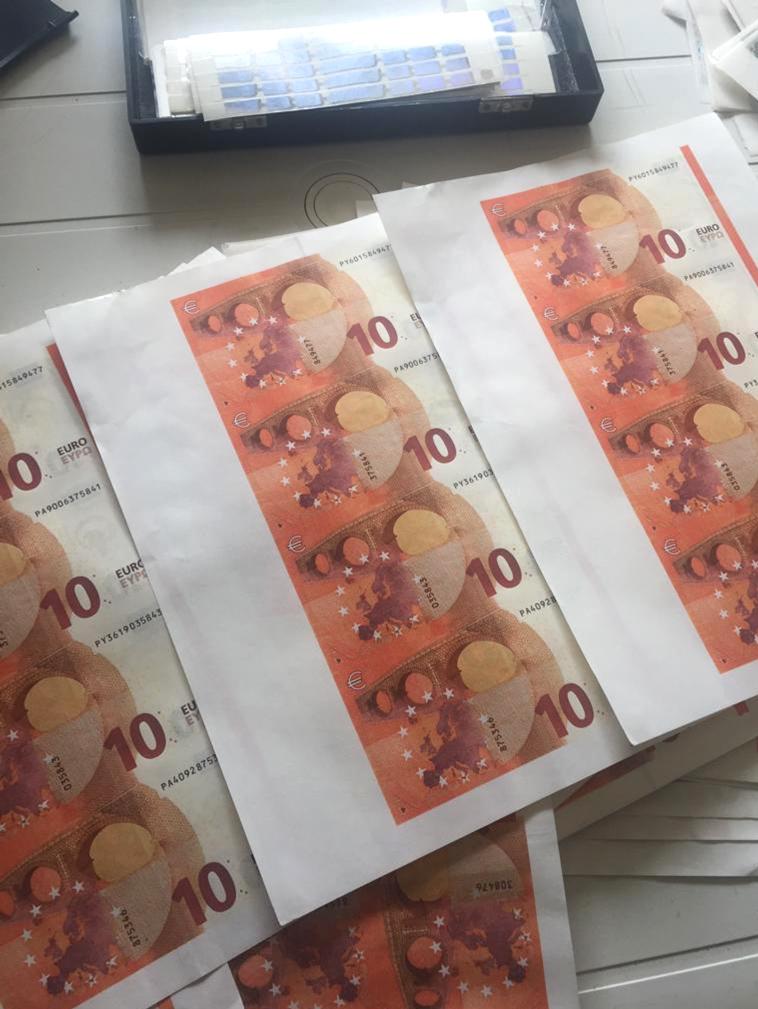
Europol Took Down Dark Web Counterfeit Banknotes Network in Portugal
- Europol raided eight locations in Portugal, seizing hundreds of counterfeit banknotes.
- These illicit products were sold on dark web marketplaces, and had already reached many European countries.
- The FBI and Europol have proven their capacity to track dark web actors this year, and this case confirms it.
Europol has announced the dismantling of the second-largest counterfeit currency network that was ever found in operation in the continent. Working together with the Portuguese Judicial Police, Europol arrested five individuals who now face criminal charges. The banknotes that were seized during the investigation stages of the operation corresponding to over €1.3 million. These banknotes had reached many countries across Europe such as France, Germany, Spain, and the local Portuguese market of course. These counterfeits gradually led Europol to the trace of the five actors, who were mainly engaged on the dark web.
The police raids took place in eight locations in Portugal, with the law enforcement officers seizing many hundreds of counterfeit banknotes in the process. More specifically, they have found and seized 1290 - €50 banknotes, and 543 - €10 banknotes. In the same searches, the police found and seized several computers, printers, security papers, holograms, self-adhesive holographic bands, ultraviolet inks, ink cartridges, etc. Europol was supporting the police operation since the very beginning, deploying on-the-spot support during the raid day, and carrying out a detailed investigation on the dark web in the previous period.
Source: europol.europa.eu
As dark web marketplaces are suitable for all kinds of illicit goods trade, counterfeit money can’t be excluded. Websites like “Fake Bills”, “USD4YOU”, “Cheap Euros”, “Cash is King”, and “Counterfeit Factory” are only a couple of examples of this activity. Many of these marketplaces claim that their bills are good enough to pass UV tests, or even to be used for ATM depositing. Moreover, they offer discounts for those who purchase in bulk and promise quick delivery. The only payment option that you will get in such places is, of course, Bitcoin or other cryptocurrencies, protecting the seller’s identity. The recipient wouldn’t be equally protected as they would need to provide a postal address for the shipment of the package.
A couple of months ago, we saw a barrage against dark web marketplaces, with the FBI and Europol seizing DeepDotWeb and arresting two Israeli suspects. A week earlier, “The Wall Street Market” exit-scammed as they felt the FBI closing in, stealing $14.2 million from their sellers-buyers community. Dream Market followed the same closure path at the end of April, while even non-marketplace websites like the “Dark Web News” decided to voluntarily shut down their website fearing FBI and Europol arrests. All that said, the authorities have gathered enough experience to track and bring down dark web operations, and this latest piece of news confirms precisely that.
Have something to comment on the above? Let us know in the devoted section down below, or on our socials, on Facebook and Twitter.






